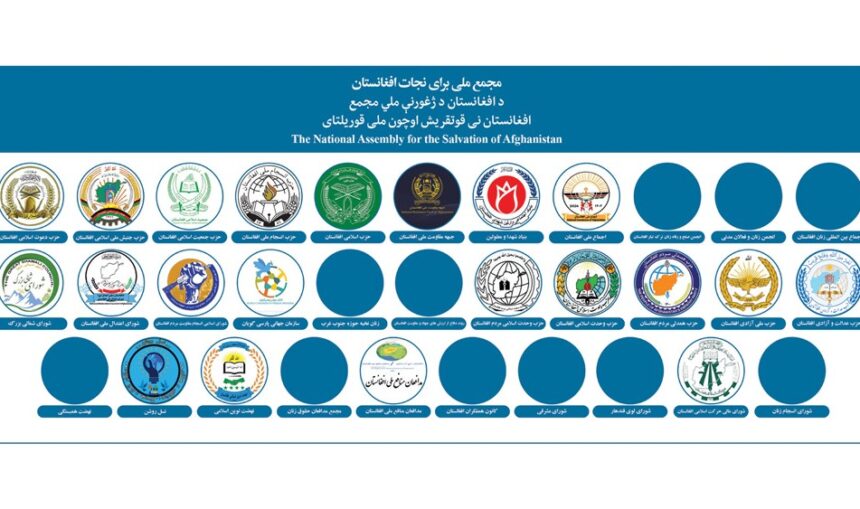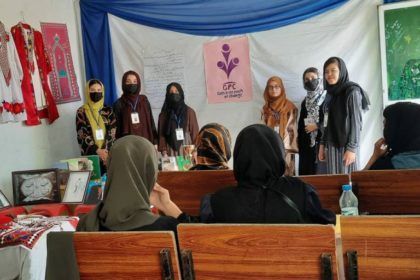RASC News Agency: Prominent Afghanistani political and military figures opposing the Taliban have announced the formation of a new coalition, the National Assembly for the Salvation of Afghanistan. The alliance officially declared its establishment on Friday, December 6, as a united front to address the ongoing challenges in Afghanistan. In its foundational statement, the assembly described its creation as “a momentous and extraordinary initiative to enhance and consolidate the people’s struggle for Afghanistan’s liberation, aiming to achieve independence, justice, freedom, and the establishment of a political system reflecting the will and choice of the Afghanistani people.”
The coalition expressed optimism that the Taliban might eventually agree to negotiations to resolve the nation’s deepening crises. It also underscored the importance of engaging with regional powers, the international community, and the United Nations. Key figures leading this alliance include Ahmad Massoud, Atta Mohammad Noor, Abdul Rab Rasul Sayyaf, Mohammad Mohaqiq, Abdul Rashid Dostum, Salahuddin Rabbani, and several other influential political leaders. This development follows earlier attempts by anti-Taliban coalitions formed abroad, though the Taliban have yet to issue a statement regarding this new initiative. Since their return to power, the Taliban’s ability to exploit the lack of coordination and unity among opposition groups has been a critical factor in their continued dominance.
Over the past three years, two military factions the National Resistance Front and the Freedom Front have actively declared armed resistance against the Taliban. However, many other political and military leaders initially pursued dialogue, believing the Taliban might respond to negotiations and address the demands of the Afghanistani people and the global community. Contrary to these expectations, the Taliban have demonstrated an increasing unwillingness to engage in constructive dialogue. Instead, they have grown more oppressive and autocratic, leading many observers to conclude that only a unified, well-organized opposition can effectively counter their authoritarian rule.






